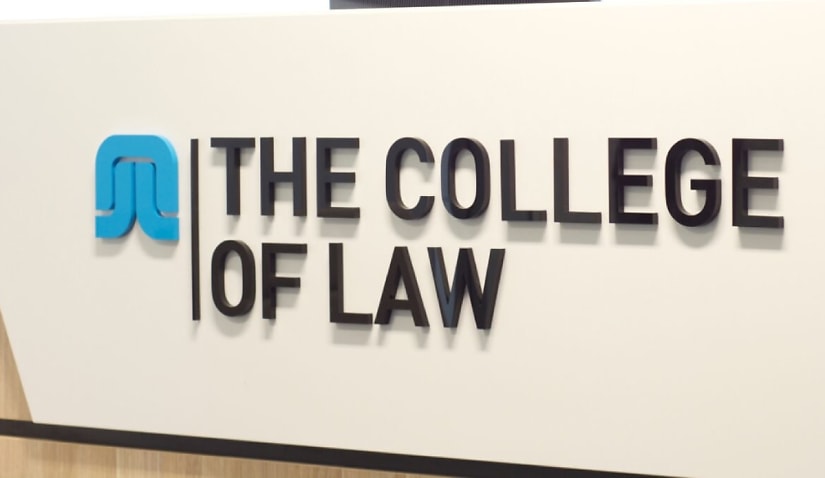National PLT provider the College of Law has unveiled an educational plain language guide to support the profession’s client service delivery and bolster practitioner skill sets.

Lawyers, the College of Law said in a statement, are gradually adopting plain language — favouring the efficiency and clarity it creates.
“With long sentences and complicated language, you risk failing to reflect your client’s intention or agreement. Canada’s ‘Million-Dollar Comma’ case is just one example.”
In light of such dangers, the College of Law has published an educational plain language guide, which it has developed to better support lawyers and their broadening skill sets.
Speaking about the guide, the College of Law content design and development manager Simone Dixon — who contributed to its publication — said that “plain language is the solution to complex language, long sentences, and words and expressions that clients can’t understand. Although many lawyers see it as part and parcel of their profession, this mode of communication creates unnecessary confusion, costs and delays.”
“All impeding an organisation’s efficiency — and a clients’ access to justice. Clarity is key for reducing risk in the provision of legal service — especially when drafting legal documents,” she added.
Lawyers, Ms Dixon went on, “aren’t paid to be smart”.
“They’re paid to make the law make sense. That’s why the more simply you can explain something, the better you are at your job. When it comes to communication in the legal profession, simple beats complex,” she argued.
“The best lawyers use plain language to communicate clearly. And get the best outcomes for their clients. Swap complexity for clarity.
“Simplify your structuring. And use words and phrases your clients will understand to save hours — if not days — of costly confusion.”
The guide, Progress in the Legal Profession: How Plain Language is Enhancing Access to Justice, is available for download from the College of Law’s website.

Jerome Doraisamy is the managing editor of professional services (including Lawyers Weekly, HR Leader, Accountants Daily, and Accounting Times). He is also the author of The Wellness Doctrines book series, an admitted solicitor in New South Wales, and a board director of the Minds Count Foundation.
You can email Jerome at: